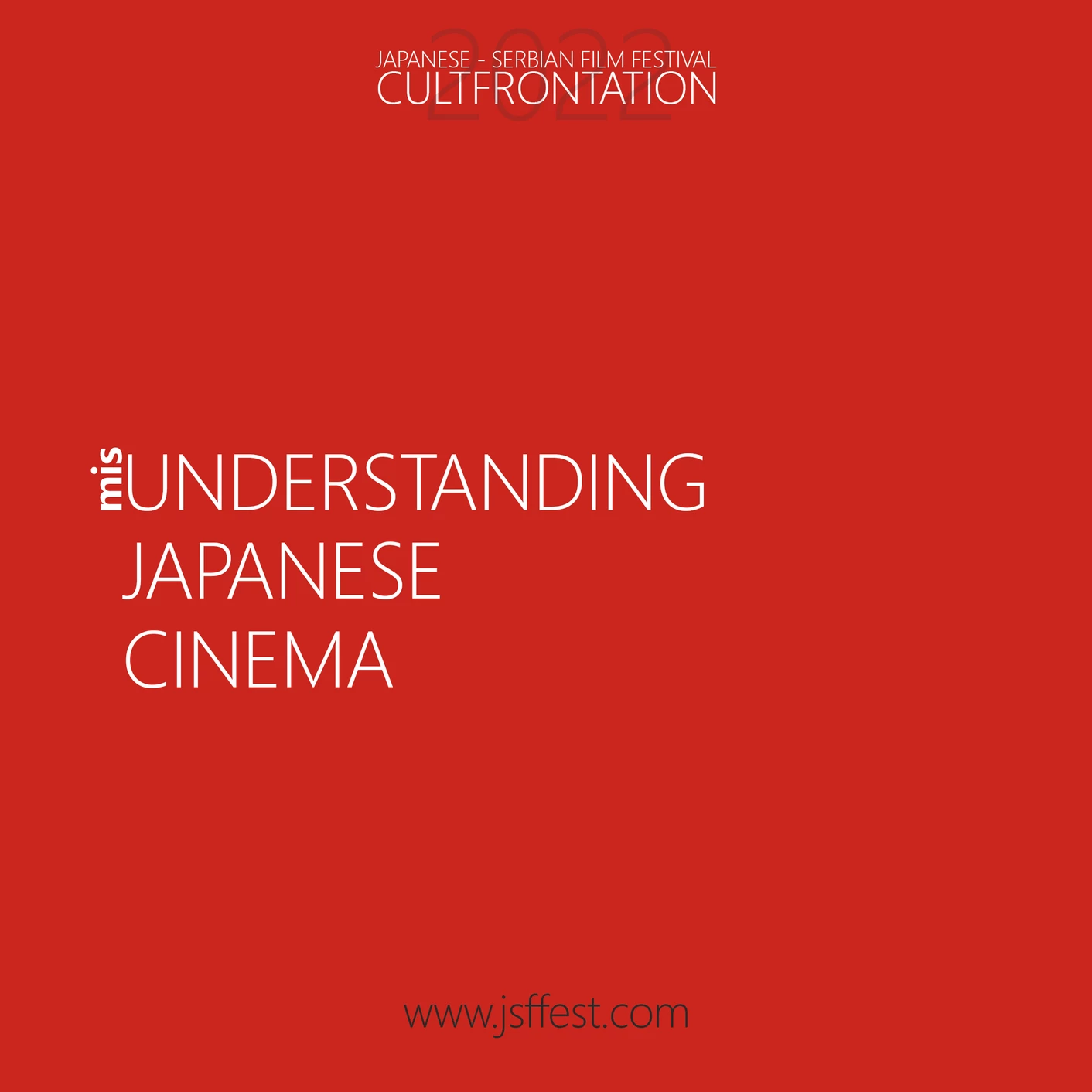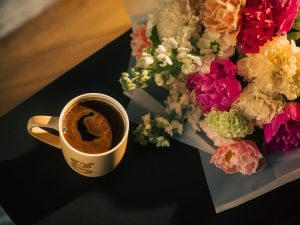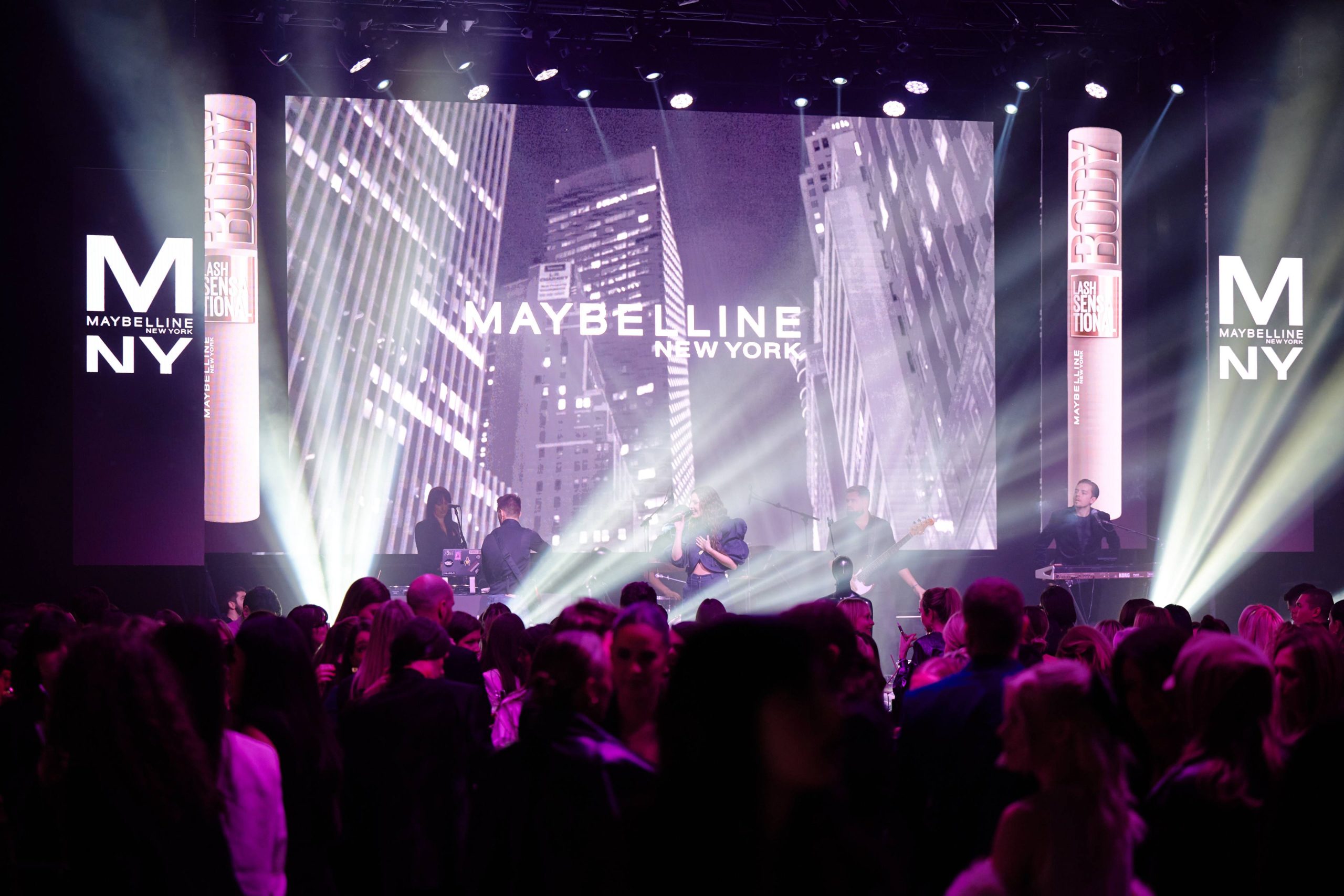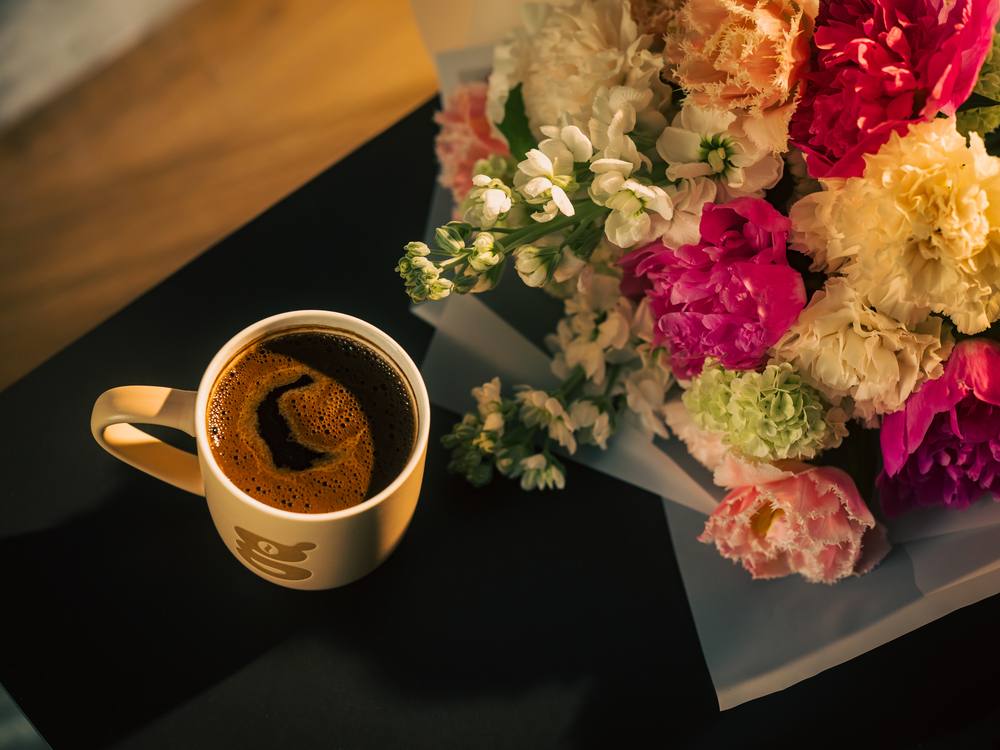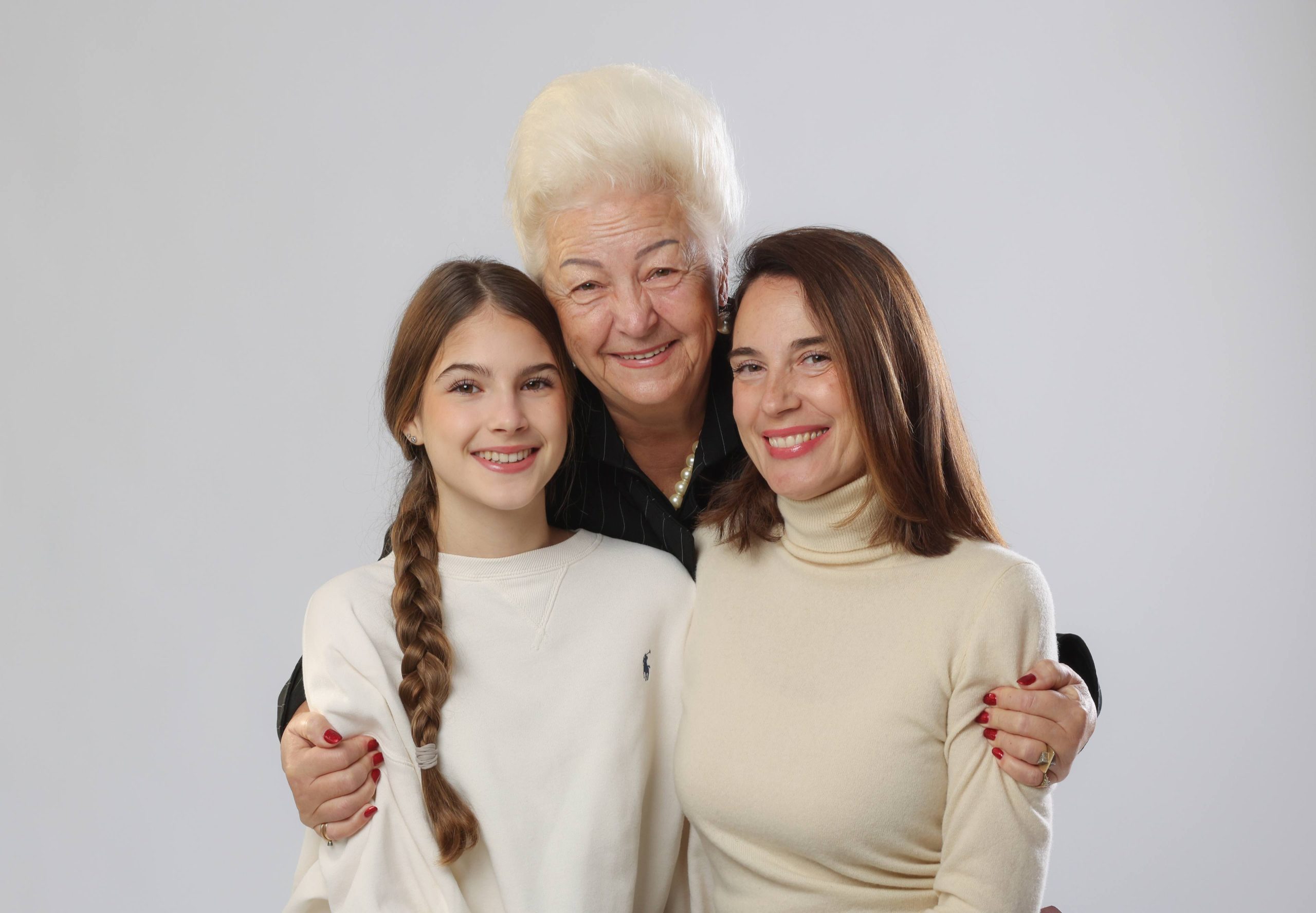WHERE DID WE GET IT WRONG?
Probably the highest influence on building the prejudice regarding Japanese Cinema and the image of Japanese national character in the post-war era was the work of Ruth Benedict The Chrysanthemum and sword (1946), where Japan was considered as the most complete OTHER to the United States. Benedict’s approach cannot be considered as utterly right or wrong, it rather groups up cultural patterns on the assumption to be the opposite of what was considered in Western countries. In the same book, Benedict writes: “The Japanese were the most Alien enemy the United States had ever fought in an all-out struggle. In no other war with a major foe had it been necessary to take into account such exceedingly different habits of acting and thinking”.
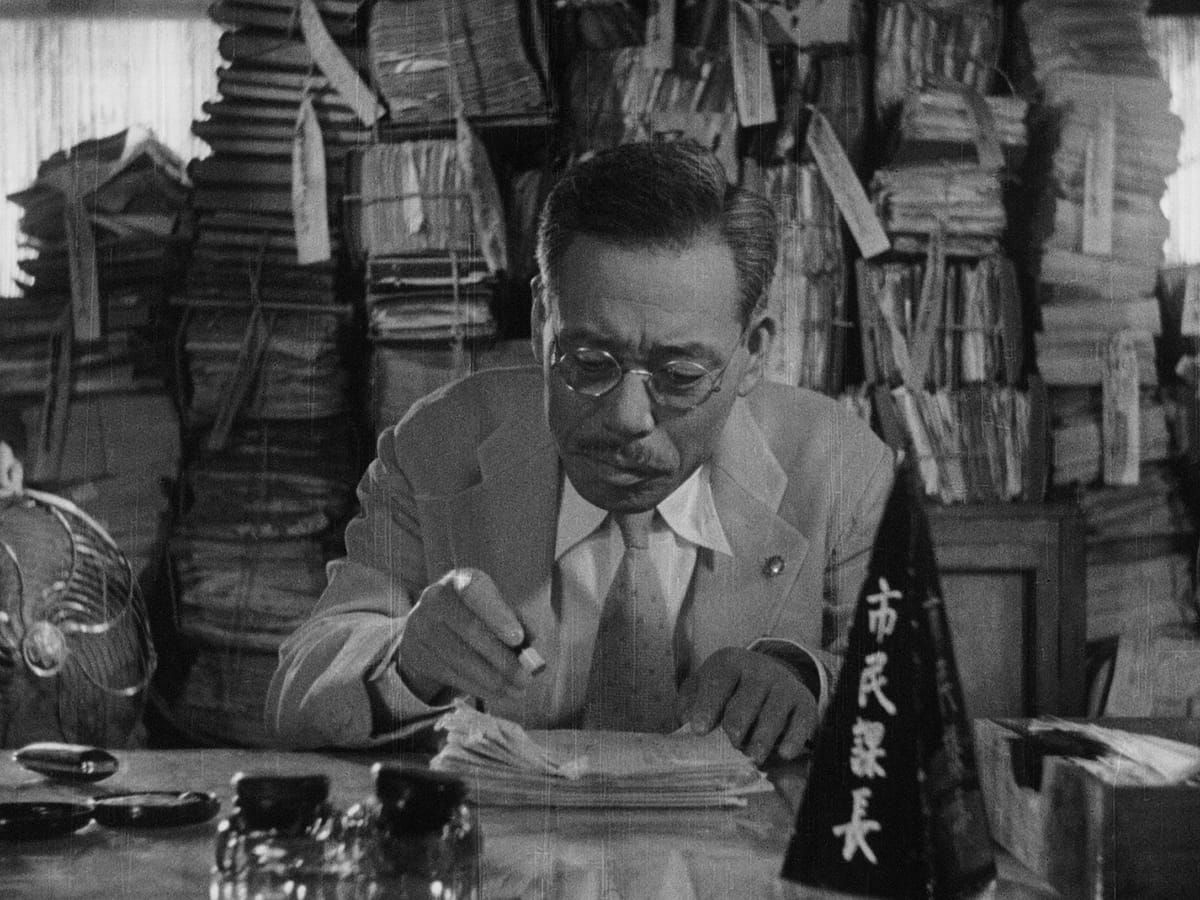
The lack of existence of cinema study in Japan, especially Japanese cinema studies, perhaps led to the one-sided opinion which was eventually treated as a global stand on Japanese cinema. Mitsuhiro Yoshimoto stressed this observation in his book Kurosawa, film studies and Japanese cinema, saying that instead of analysing Japanese cinema as a key to unlock mystery of the Japanese national character, they started using the Japanese national character (in form they understood) as a means of “correctly” appreciating Japanese cinema.
WAS THE CROSS-CULTURAL INFLUENCE BASED ON THE WRONG ASSUMPTION?
One of Scott Nygren’s main thesis is that both Japan and the West are in certain sense the inverted image of each other. “Humanism and anti-humanism play inverse roles in the conflict of tradition and modernism in Japan and the West: each culture turns to the other for traditional values which function to deconstruct its own dominant ideology. Japan borrows humanism from the West as a component of Japanese modernism, just as the West borrows anti-humanist elements from the Japanese tradition to form Western modernism.”
Could this be simplified whether modern Japanese society finds transcendental ideas as cool, while the western world gives such light to feudal principality? Of course, the answer to such a general approach is NO, however, it doesn’t mean that the impression globally spread wasn’t aligned with this phenomenon.
In the example of Kurosawa’s Ikiru, audience reaction in West, particularly in the United States this satirical expression of layered and complicated bureaucracy standards with all the negative effects on decision-making policies was taken as an element of Japanese national character, instead of questioning why was that stereotypical character for the main role used in the first place.
WHERE WE ARE TODAY?
In the interview titled: I like fashion, but I don’t like the industry, with Tokyo Weekender, Actress, Model and Fashion Entrepreneur Kiko Mizuhara, has shown us that there’s still a long way to go in embracing diversity instead of fitting the deep-rooted prejudice society in a diverse cut.
On diversity Mizuhara has no doubts, she says “That’s, of course, a good thing, yet many companies feel the need to appeal to those who expect diversity. They end up choosing people from different ethnicities just to fit the puzzle. When diversity started becoming important in the industry around five years ago, I got many job offers as a representative of Asia. In one sense I was happy, but at the same time, I was slightly put off by it as I wanted to be recognized for being myself.”

In the interview titled: I like fashion, but I don’t like the industry, with Tokyo Weekender, Actress, Model and Fashion Entrepreneur Kiko Mizuhara, has shown us that there’s still a long way to go in embracing diversity instead of fitting the deep-rooted prejudice society in a diverse cut.
On diversity Mizuhara has no doubts, she says “That’s, of course, a good thing, yet many companies feel the need to appeal to those who expect diversity. They end up choosing people from different ethnicities just to fit the puzzle. When diversity started becoming important in the industry around five years ago, I got many job offers as a representative of Asia. In one sense I was happy, but at the same time, I was slightly put off by it as I wanted to be recognized for being myself.”
JSFF2022 – CULTFRONTATION
Japanese-Serbian Film Festival sets up a very cross-cultural theme for the current year, in rather self-reforming manner of cultural confrontation. JSFF has marginalized the Japanese national characterization in cinema by narrowing the programme to 2 countries, and adding the quantity as a tool to avoid generalisation. The critical breakthru event of JSFF2021 was the Japanese Jury (Mitsuko Nagai) review of the film Days Lost by Jovana Avramovic stressing the impression that there seems not to be any difference in what young people from Japanese and Serbian middle level or smaller towns are going through.
